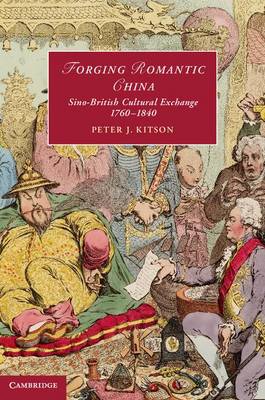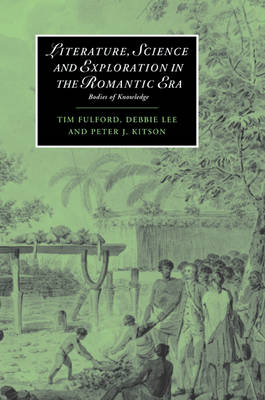Cambridge Studies in Romanticism
2 total works
The first major cultural study to focus exclusively on this decisive period in modern British-Chinese relations. Based on extensive archival investigations, Peter J. Kitson shows how British knowledge of China was constructed from the writings and translations of a diverse range of missionaries, diplomats, travellers, traders, and literary men and women during the Romantic period. The new perceptions of China that it gave rise to were mediated via a dynamic print culture to a diverse range of poets, novelists, essayists, dramatists and reviewers, including Jane Austen, Thomas Percy, William Jones, S. T. Coleridge, George Colman, Robert Southey, Charles Lamb, William and Dorothy Wordsworth and others, informing new British understandings and imaginings of China on the eve of the Opium War of 1839-42. Kitson aims to restore China to its true global presence in our understandings of the culture and literature of Britain in the late eighteenth and early nineteenth centuries.
Literature, Science and Exploration in the Romantic Era
by Tim Fulford, Debbie Lee, and Peter J. Kitson
Published 2 September 2004
In 1768, Captain James Cook made the most important scientific voyage of the eighteenth century. He was not alone: scores of explorers like Cook, travelling in the name of science, brought new worlds and new peoples within the horizon of European knowledge for the first time. Their discoveries changed the course of science. Old scientific disciplines, such as astronomy and botany, were transformed; new ones, like craniology and comparative anatomy, were brought into being. Scientific disciplines, in turn, pushed literature of the period towards new subjects, forms and styles. Works as diverse as Mary Shelley's Frankenstein and Wordsworth's Excursion responded to the explorers' and scientists' latest discoveries. This wide-ranging and well-illustrated study shows how literary Romanticism arose partly in response to science's appropriation of explorers' encounters with foreign people and places and how it, in turn, changed the profile of science and exploration.

